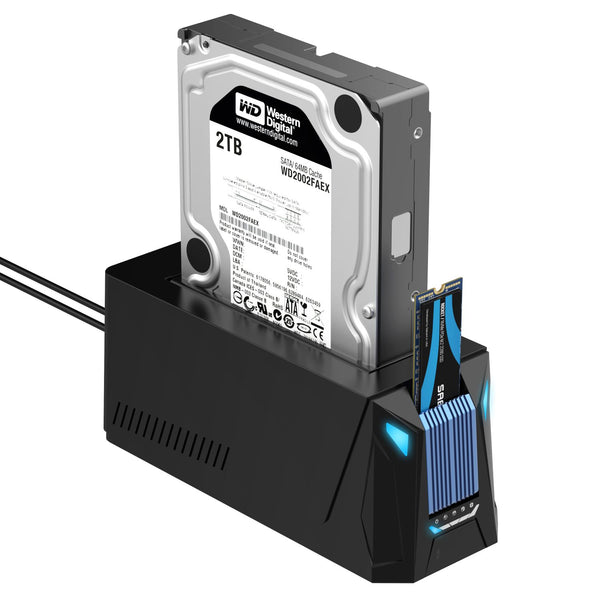I have a friend who is over 90 years old, who owns at least 3 Macs of various kinds. Recently, he handed me a HD from his Mac-mini, which, apparently, got corrupted somehow and asked me to recover any files recoverable from it.
Some time ago, I did something similar for a nephew who had a similar problem. I do remember using
However, since that was several years ago, I have forgotten exactly which commands I used.
So, today I did
One thing that has me surprised is that there are two entries for that drive. I have not seen the second one before and am not sure how to interpret it. But I'll leave that issue for later.
When I do
I get: mount: /dev/ada1p2: Invalid fstype: Invalid argument
Obviously, I need, at least, to include in the above command
After reading a bit about Apple Core Storage, I think he is out of luck. It looks as though I need not only the HDD I have here, but also an SSD his MACmini also had. As far as I am concerned, leave it to Apple to make things almost impossible to work with.
Might anyone have any suggestions, other than "toss the drive"?
Ken
Some time ago, I did something similar for a nephew who had a similar problem. I do remember using
dd successfully. He was extremely grateful and surprised I managed this.However, since that was several years ago, I have forgotten exactly which commands I used.
So, today I did
gpart show with the old man's laptop drive connected and the following came up with (among other stuff):
Code:
> 34 976773101 ada1 GPT (466G)
34 6 - free - (3.0K)
40 409600 1 efi (200M)
409640 974831808 2 apple-core-storage (465G)
975241448 1531680 3 apple-boot (748M)
976773128 7 - free - (3.5K)
=> 34 976773101 diskid/DISK-33IRCOENT GPT (466G)
34 6 - free - (3.0K)
40 409600 1 efi (200M)
409640 974831808 2 apple-core-storage (465G)
975241448 1531680 3 apple-boot (748M)
976773128 7 - free - (3.5K)When I do
mount /dev/ada1p2 /mnt/MACI get: mount: /dev/ada1p2: Invalid fstype: Invalid argument
Obviously, I need, at least, to include in the above command
-t fstype, but what IS the file type?After reading a bit about Apple Core Storage, I think he is out of luck. It looks as though I need not only the HDD I have here, but also an SSD his MACmini also had. As far as I am concerned, leave it to Apple to make things almost impossible to work with.
Might anyone have any suggestions, other than "toss the drive"?
Ken


